Masters of Photography Vol. 13 – Australians is now available and we are already on to the next one. This time, Fashion Industry Broadcast goes global. From Seoul to Berlin, “Masters of Photography Vol. 52 – Next Gen” is a carefully-curated selection of emerging artists who we think might be the next big thing. This art book will feature an amazing selection of their work, as well as thought-provoking interviews.
Every week,we will introduce you to one of these new talents. Today, we won’t take you too far as we had a chat with Melbourne based photographer Chrissie Hall. Let’s not forget that Australia has amazing artists, too.
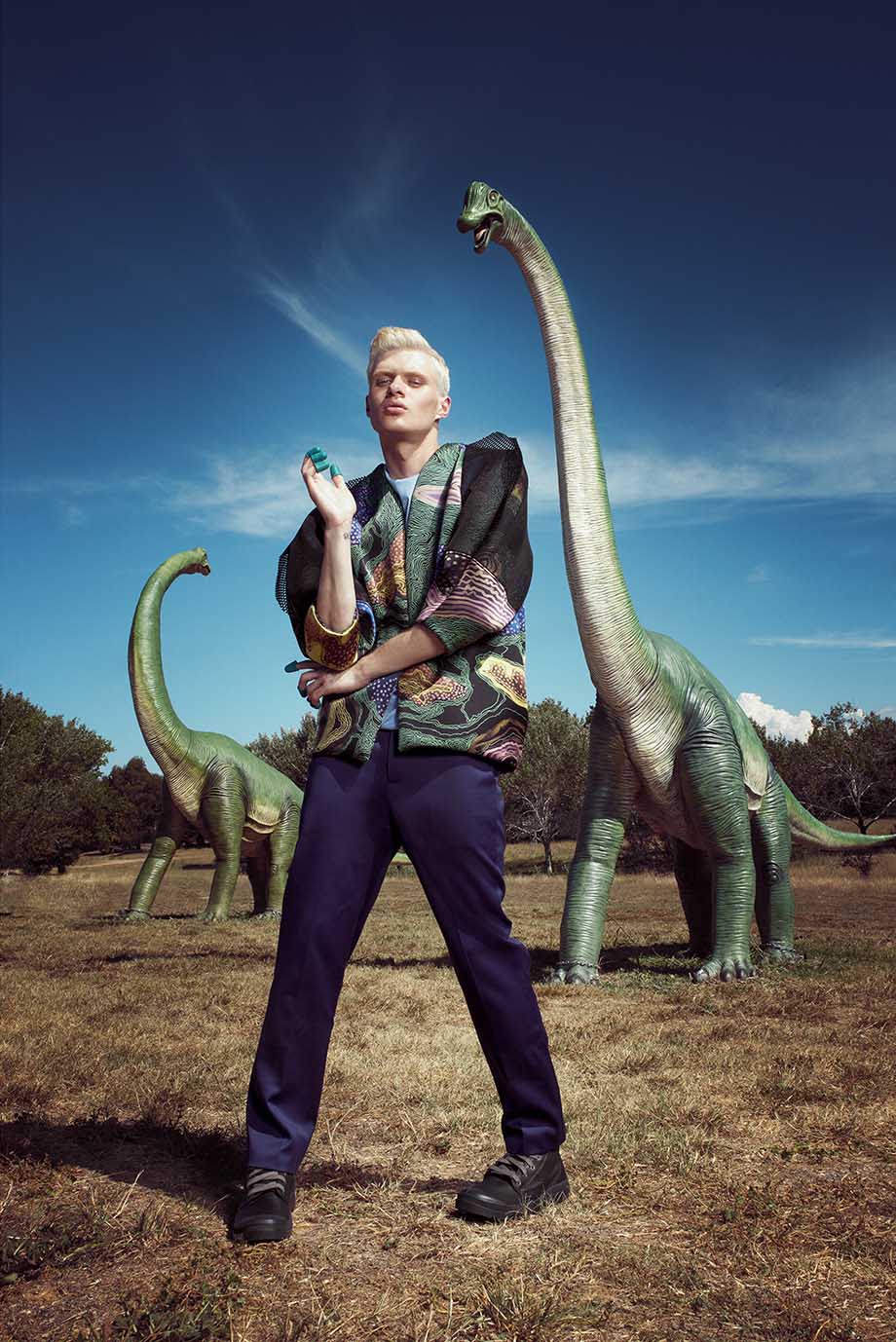
How would you describe your style?
My style is crazy and colourful.
How and when did you decide to become a professional photographer?
I fell into it. While I was studying Fine Arts at University in Melbourne, I was working as a film scanner at a photo studio. One day my manager asked if I wanted to learn how to shoot. Six months later I did my first professional shoot. I will always remember that first client asking how long I had been a photographer for, and me lying, pretending I had been doing this for six months.
But from that day, I knew what the rest of my life was going to be.
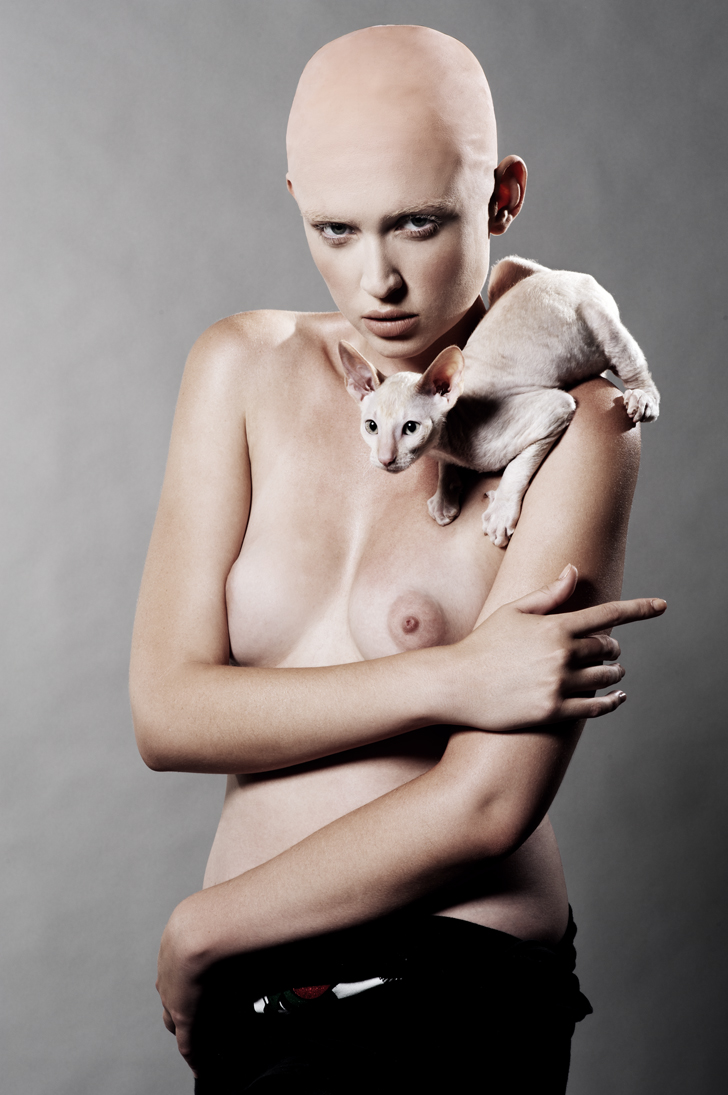
Where do you find inspiration?
My dreams, travelling overseas, life experiences, nature, the ocean, art galleries, abandoned locations, watching and listening to the world around me.
Who are your favourite photographers of all time and why are they so special to you?
David Lachapelle is my favourite photographer of all time. He takes you on a colourful, surreal journey.
This art book features photographers from the entire world and each of them has a very specific identity. How do you think your geographic location affects your work?
I love to shoot in exotic locations and anywhere I can find a magical energy. Living and working in Australia is beautiful because
we have landscapes and settings that you can’t find anywhere else in the world.
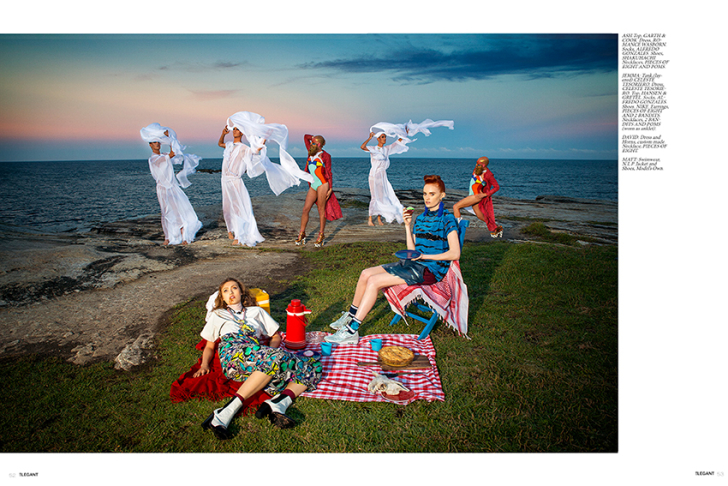
If you could move to any city in the world, where would you like to live and work as a photographer?
I would love to move to Tokyo. I love the colours, the city life, the bright lights, the quirkiness, the craziness, the chaos, the culture and the people. It fascinates me.
What are you five dream locations to shoot?
Abandoned theme parks, a Glacier with a polar bear, a doll factory, a rainbow rose garden and the monster café in Tokyo.
How would you describe the photography industry in your country? What are the chances for a young artist to ‘make it’ and become global?
The industry in Australia is small compared to overseas. To become global… Well I don’t know yet, but I will let you know when I get there. But I do travel overseas for work a lot.
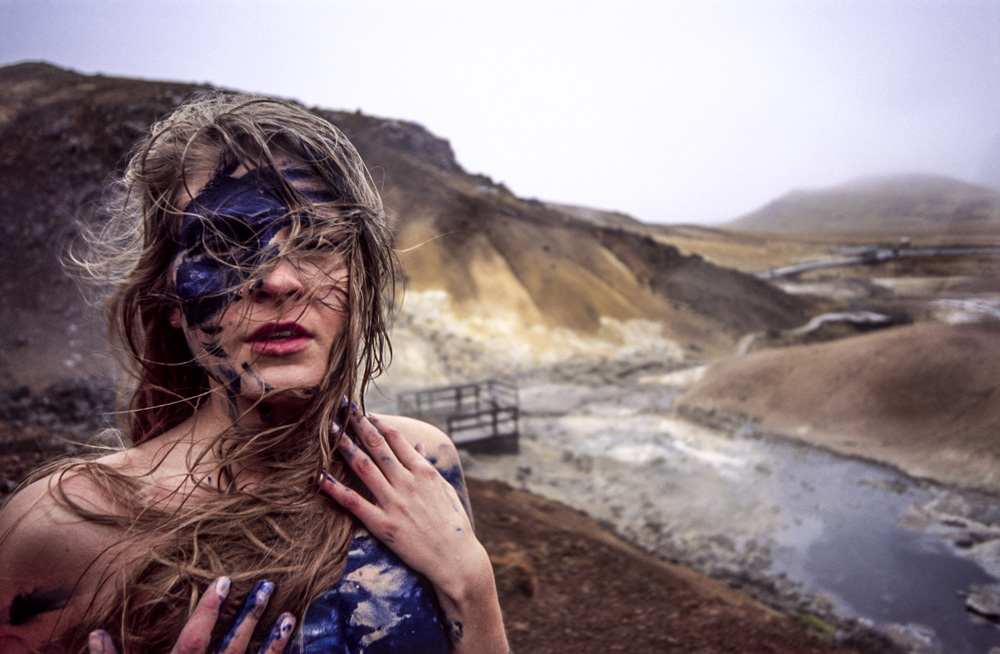
As a young photographer, you have been part of a big switch in the industry. Indeed, photography today is much more democratised than a few decades ago. Everyone can have access to retouching programs, publishing sites and good cameras. What are your thoughts on the evolution of the industry and the impact it has on your work?
It has driven my creativity and made me want to stand out more. You can’t compare or worry about what other people do in life because it’s a waste of energy and it’s better to put your energy into your own art and ideas.
A lot of young photographers got discovered thanks to their Tumblr or Instagram account. What is your relationship with social media platforms?
I love Instagram. I think it’s really fun putting your work up. It’s a great way to create a brand and build a reputation.
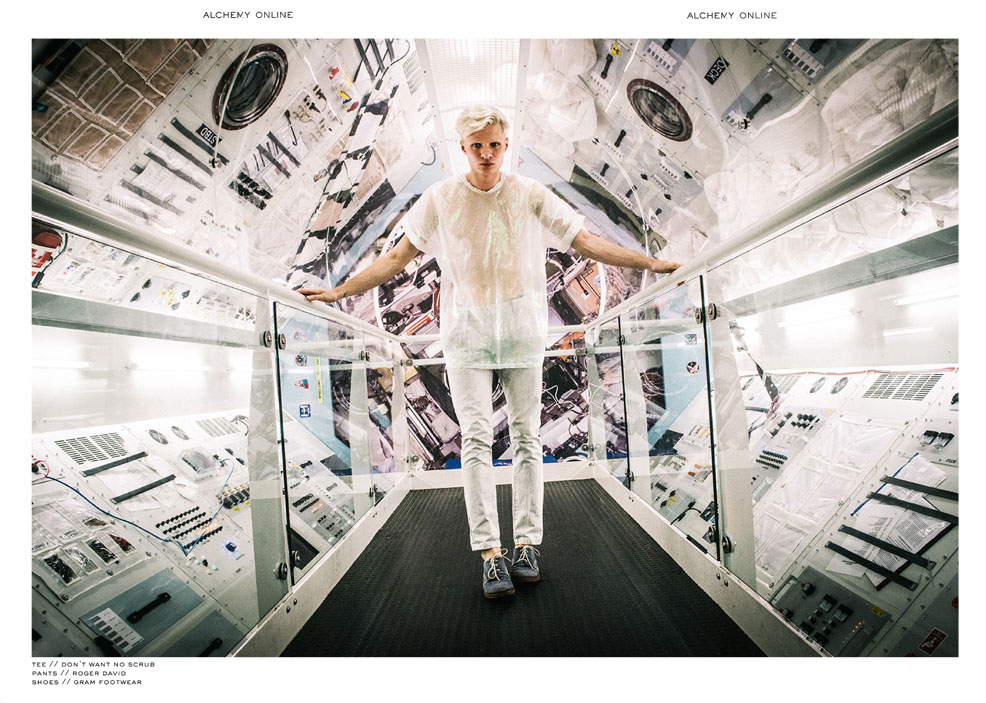
Post manipulation has been long debated, especially in commercial and fashion photography. How much do you retouch your images and what is your opinion on the whole body image debate?
Every image of mine is edited by my retoucher, Wassim Bazzi. We run a production company together called Xray Doll. I wish we didn’t have to retouch and keep the body real, but people and society want to see “perfection”. My work also leans on the hyper-real side and I do like to create surreal worlds, so I do need the magic hands of my retoucher to make my ideas come to life.







